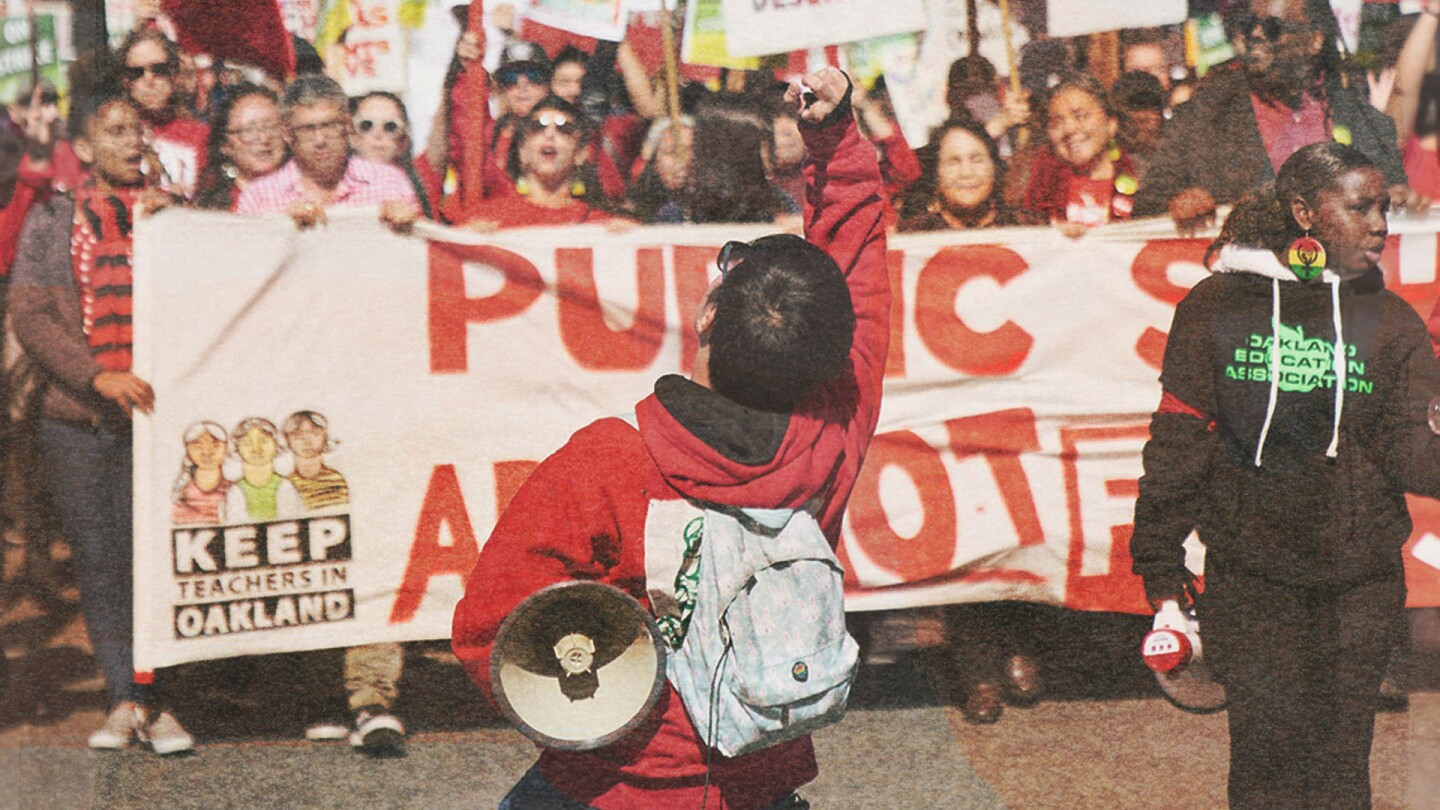The Informal Economy: De-Criminalizing Street Vending in Los Angeles
For decades, many immigrants — primarily women — have been criminalized for supporting their families with street vending income.
Vazquez migrated to the U.S. from Colima, Mexico in 1994. After facing discrimination and lack of upward mobility in restaurant kitchens for years, she decided to return to street vending, something she has done since she was 8 years old. The entrepreneur-turned-activist quickly realized the challenges the street vending community faces in Los Angeles. More than 10,000 vendors, are criminalized for selling food on the street, making them vulnerable to harassment from police, customers and other business owners. Experts say employers in other sectors aren’t penalized as severely as street vendors are in the informal economy.
Vazquez has led the Legalize Street Vending campaign’s 10-year fight to give vendors rights as small business owners. In 2018, Gov. Jerry Brown legalized street vending in the state and Los Angeles City Council voted to legalize it in the city. As of today, however, the city has yet to issue permits to vendors.














